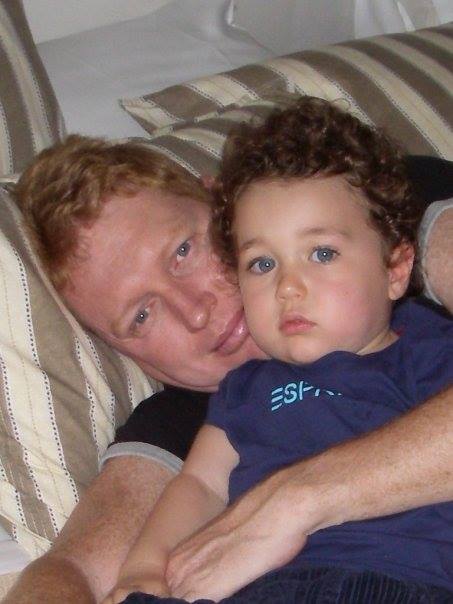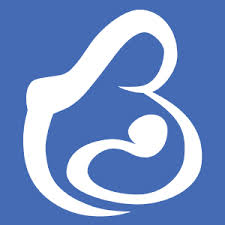|
Stories of vaccine injury come from all over the world. This is Ori's Story, from Australia, as told by his father. Please pray for Ori's continued recovery. Our beautiful son Ori (Hebrew name meaning 'My Light') was born in 2006. We had never done one second of research into vaccines as we simply trusted what our GPs, health professionals and what the media told us. At two months my son received his HepB vax at the Erina Fair Medical Centre (NSW, Australia). He screamed after the injection and during the 15 minute (just incase of reaction?) waiting period after the shot. Just before we left he became quiet. We were literally 30 seconds outside the the centre when Ori flopped and passed out in my arms. We raced back into the surgery in a panic and got the attention of the administering nurse. My son was just starting to come around and she totally dismissed our concerns saying "Don't worry, that's normal. Look he's coming around. He'll be fine."
3 Comments
"Questioning the Safety of the CDC's Childhood Vaccine Schedule" by Rishma Parpia, appeared February 15, 2016 in "The Vaccine Reaction", a publication of the National Vaccine Information Center. Click here to read the full article with references. Excerpts appear below. On the issue of vaccines, there is an abundance of dialogue on ingredients and herd immunity, etc., but what really is the fundamental problem at the heart of this debate? It is because state legislatures mandate vaccines, consequently denying individuals the right to informed consent—the right to make personal choices about vaccination for themselves and their children. With respect to the U.S. childhood vaccination schedule, the number of vaccines government health officials direct pediatricians to give children has almost quadrupled in the last 60 or so years. In 1953, the CDC directed physicians to give a child no more than 16 doses of four vaccines (one dose of smallpox and five doses of DPT) between the ages of two months and six years. Thirty years later, in 1983, the CDC recommended schedule included 23 doses of seven vaccines (DPT, MMR and polio) between the ages of two months and six years...the CDC now recommends double the number of vaccinations by age six—49 doses of 14 vaccines starting on the day of birth—and a total of 69 doses of 16 vaccines by age 18. In 1983, the CDC directed physicians to give a child no more than four vaccines simultaneously. However, by 2013, a child could receive eight or more vaccines during one visit. Athena was born on January 1, 2005 in the United States. She suffered adverse effects after receiving five vaccines when she was just three months old; however, following the series of vaccines she received at 13 months, including MMR (Measles, Mumps, Rubella), she experienced anaphylaxis, immune system problems and sepsis which resulted in serious physical and neurological health challenges that continue to this day. This is Athena's story. . .. . . as shared by her mother, AngeliceAt around three months Athena had five vaccines. Also around that age was my first battle with her struggling to live. I noticed her not sleeping at all, crying a lot, wheezing, refusing to eat. I called the ER and they told me not to bring her in unless she had a fever; which is one of the many regrets I have -- listening to anyone regarding my child.
Her fever came full blast within an hour of the call. It was 106. Her father and I packed up and rushed her to the ER. As nurses were checking her out, a lady Doctor was walking by. She happen to peek in. She picked up Athena and yelled to the nurses to get her a bottle of juice now and ordered fluids as well as a lumbar puncture, i.e. spinal tap. At that moment it all shut off for me. Every emotion I could feel stopped. |
Author"Why I started researching vaccines." Archives
July 2024
Categories
All
|



 RSS Feed
RSS Feed